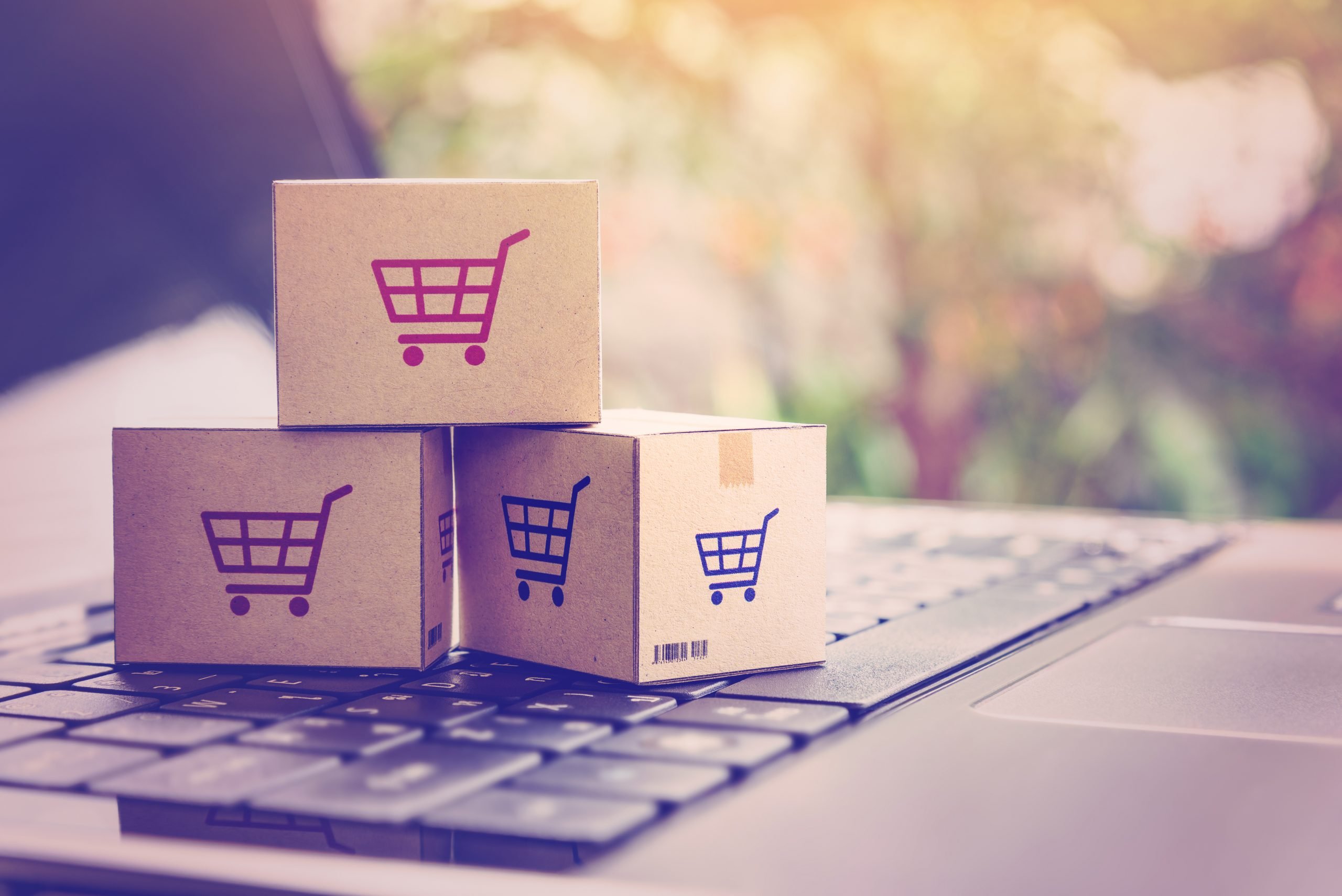
The advent of the internet has revolutionized numerous industries, and international trade is no exception. The emergence of online platforms for global suppliers has reshaped the landscape of commerce, providing businesses with unprecedented access to markets, suppliers, and products from around the world. These platforms serve as vital connectors, facilitating trade, enhancing competition, and driving economic growth.
The Evolution of Global Supplier Platforms
Historically, international trade involved complex networks of intermediaries, long lead times, and significant logistical challenges. Businesses had to navigate language barriers, varying regulations, and trust issues. The rise of online supplier platforms has addressed many of these hurdles by offering a centralized space where buyers and sellers can connect.
These platforms initially started as basic directories but have evolved into sophisticated ecosystems. They now offer features such as product catalogs, reviews, secure payment systems, and logistics support. This evolution has made it easier for businesses of all sizes to engage in global trade.
Benefits of Using Global Supplier Platforms
1. Expanded Market Reach: One of the most significant advantages of online supplier platforms is the ability to reach a global audience. Businesses can source products from suppliers across continents, opening up a vast array of options that were previously inaccessible. This expanded reach allows companies to find the best products at competitive prices, enhancing their market competitiveness.
2. Cost Efficiency: By eliminating intermediaries, online platforms reduce transaction costs. Businesses can directly negotiate with suppliers, leading to better pricing and terms. Additionally, the increased competition among suppliers on these platforms drives prices down, benefiting buyers.
3. Transparency and Trust: Trust has always been a critical issue in international trade. Online platforms address this by providing detailed supplier profiles, customer reviews, and ratings. This transparency helps buyers make informed decisions and build trust with suppliers. Some platforms also offer escrow services to ensure secure transactions.
4. Efficiency and Convenience: The digital nature of these platforms streamlines the procurement process. Businesses can search for products, compare prices, and place orders with just a few clicks. This efficiency saves time and resources, allowing companies to focus on core operations.
5. Diverse Product Range: Online supplier platforms offer a diverse range of products, from raw materials to finished goods. This diversity enables businesses to find niche products that cater to specific market needs. Additionally, suppliers often showcase new and innovative products, keeping buyers updated with the latest market trends.
Challenges and Considerations
While online supplier platforms offer numerous benefits, they also present certain challenges that businesses must navigate.
1. Quality Control: Ensuring product quality can be challenging when dealing with distant suppliers. Businesses need to conduct thorough due diligence, including requesting samples, checking certifications, and reviewing supplier ratings.
2. Logistics and Shipping: International shipping can be complex, involving customs regulations, tariffs, and varying shipping times. Some online platforms provide logistics support, but businesses should be prepared to manage these aspects effectively.
3. Language and Cultural Barriers: Communication can be a hurdle when dealing with suppliers from different linguistic and cultural backgrounds. Businesses should invest in translation services or hire staff proficient in the supplier’s language to facilitate smooth interactions.
4. Payment Security: Ensuring secure payments is crucial in international transactions. Businesses should use the platform’s secure payment systems and consider options like letters of credit or escrow services to mitigate payment risks.
The Future of Global Supplier Platforms
The future of online global supplier platforms looks promising, driven by advancements in technology and changing business dynamics. Several trends are expected to shape this landscape:
1. Integration of Artificial Intelligence (AI): AI can enhance the user experience by offering personalized recommendations, predicting demand, and optimizing supply chain management. AI-powered chatbots can also provide real-time assistance, improving communication between buyers and suppliers.
2. Blockchain Technology: Blockchain can address issues of transparency and trust by providing a decentralized and immutable ledger of transactions. This technology can ensure the authenticity of products, track their journey through the supply chain, and prevent fraud.
3. Sustainability and Ethical Sourcing: With growing awareness of environmental and social issues, businesses are increasingly seeking suppliers who adhere to sustainable and ethical practices. Online platforms are likely to incorporate features that highlight such suppliers, enabling buyers to make responsible choices.
4. Enhanced Logistics Solutions: The integration of advanced logistics solutions, such as real-time tracking, automated warehousing, and drone deliveries, will streamline the shipping process. These innovations will reduce lead times and improve overall supply chain efficiency.
5. Localization and Customization: As markets become more diverse, platforms will offer localization features, such as language support, regional payment methods, and customized product recommendations. This will make it easier for businesses to connect with suppliers tailored to their specific needs.
Conclusion
Global supplier platforms have transformed international trade by making it more accessible, efficient, and transparent. They offer businesses a plethora of benefits, from cost savings to a diverse product range. However, navigating these platforms requires careful consideration of quality control, logistics, and communication challenges.
As technology continues to evolve, the future of global supplier platforms looks bright. The integration of AI, blockchain, and advanced logistics solutions will further enhance their functionality, making international trade even more seamless. Businesses that leverage these platforms effectively will be well-positioned to thrive in the global marketplace, tapping into new opportunities and driving economic growth. The digital revolution in international trade is just beginning, and the possibilities are endless.